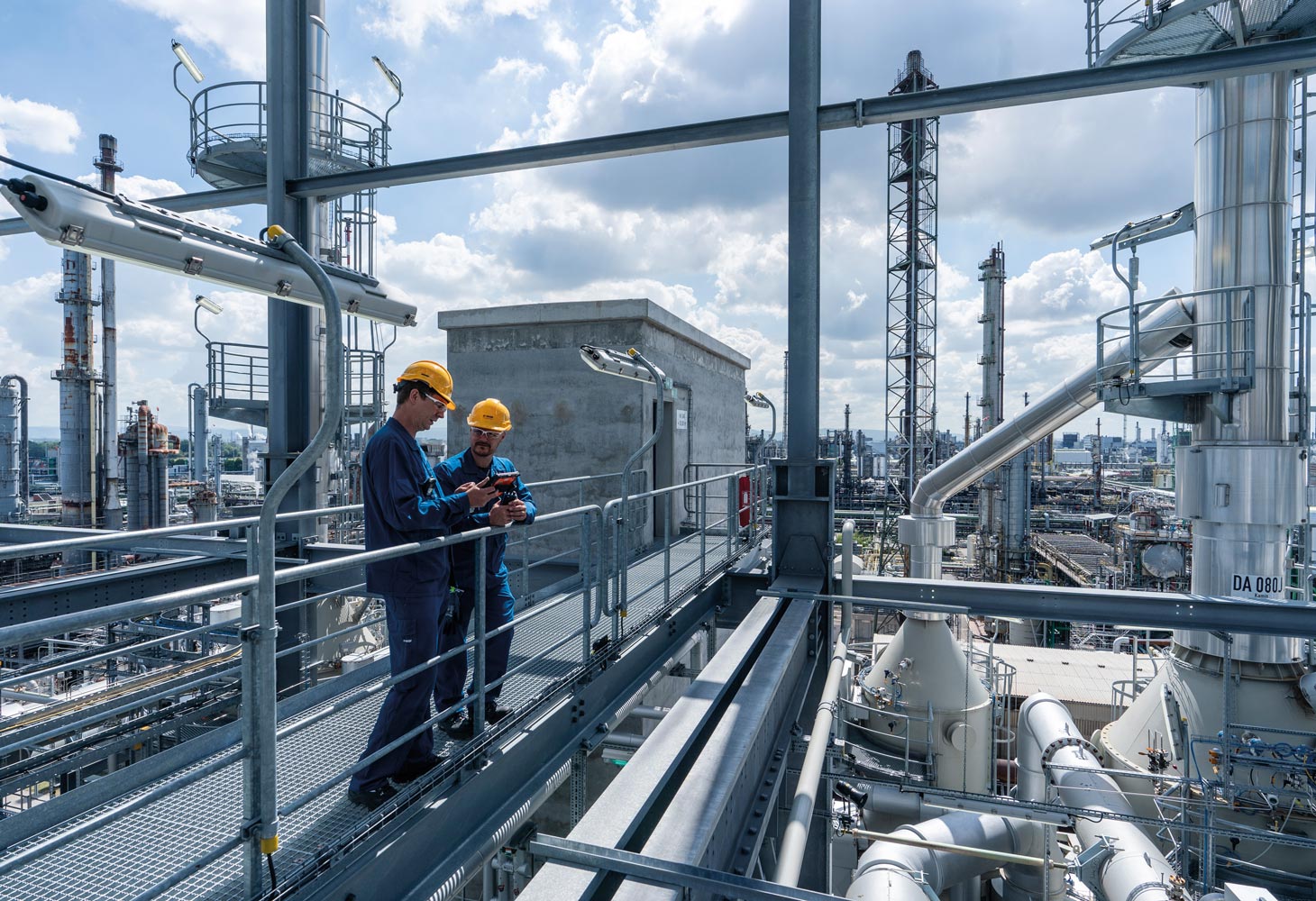
PAGs from renewable feedstocks now available, says BASF
BASF Fuel and Lubricant Solutions announced that commercial volumes of its “biomass balanced polyakylene glycol (PAG) BREOX® 60 D BMBcert™ are now available to cater to market needs.
First commercial production of this product started at the end of the fourth quarter of 2021, according to a spokesperson for BASF Fuel and Lubricant Solutions.
The 60 D line is part of BASF’s BREOX® PAG portfolio and nomenclature. BREOX® 60 D are water soluble PAG base stock range for use in industrial lubricants and metalworking fluid formulations.
BREOX® 60 D BMBcertTM products are a unique range of polyalkylene glycol base stocks based on renewable feedstocks, which offer significant CO2 emission savings versus PAGs based on fossil feedstocks, according to BASF.
The renewable feedstocks used to produce these PAGs are currently sustainably sourced from bio-naphtha and biomethane certified by established schemes like ISCC and REDcert. The origin of the biomass is waste or other residues.
BASF has established a closed chain of custody from the renewable feedstock it uses through to the final product. An independent certification confirms that BASF has replaced the required quantities of fossil resources for the biomass balanced product with renewable feedstock.
BREOX® BMBcert™ series comprises a set of water soluble PAG base stocks in a broad range of viscosities with “excellent sustainability contributions and marks a new and unique solution for the lubricants market,” according to BASF.
Currently, certified products include BREOX® 60 D 220 BMBcertTM, BREOX® 60 D 460 BMBcertTM and BREOX® 60 D 1100 BMBcertTM with viscosities of 220, 460 and 1100 at 40°C, respectively. CO2 reductions of up to 81% can be achieved by replacing fossil feedstocks by renewable raw materials at the very beginning of the value chain by applying a “biomass balance approach.”
BASF’s Biomass Balance (BMB) approach contributes to the use of renewable raw materials in its integrated production system and can be applied to the majority of the products in its portfolio. In this process, renewable raw materials are used as feedstock at the very beginning of the Production Verbund and attributed to the respective sales products using a third-party verified certification method. The certified products thus contribute to sustainable development by reducing greenhouse gas (GHG) emissions and saving fossil resources. The biomass balance standard was developed by BASF together with an independent certification agency, in 2013. BASF markets its biomass balanced products as BMBcertTM portfolio.
Application of #BREOX® #BMBcert™ provides, both, fossil resource savings and greenhouse gas emission reductions while maintaining established and well proven performance parameters. This provides strong differentiation and enables the achievement of sustainability goals, the German chemical company said.











